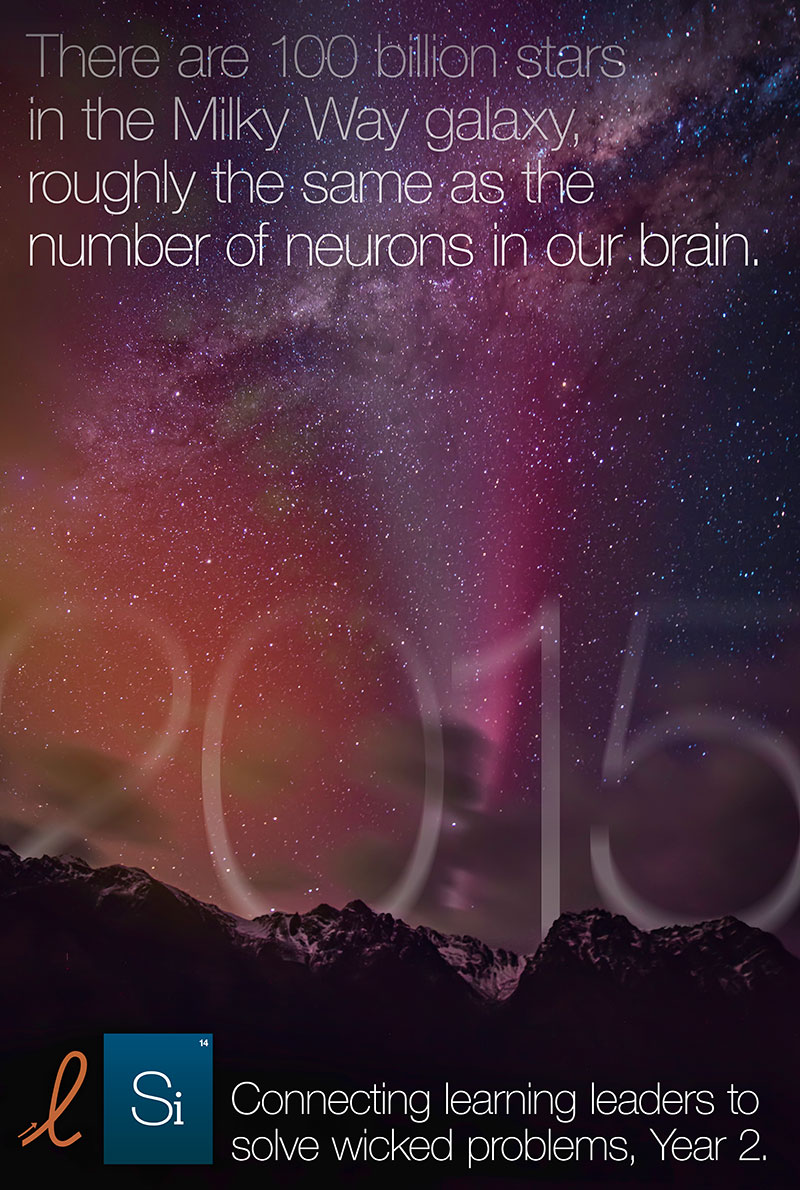
“Our challenge lies in focusing our insights. Distraction from what is important is a continual obstacle.” George Siemens (2006:136) How do we stay focused? How do we extract important knowledge? Anchoring is the act of staying focused on important tasks while undergoing a deluge of distractions. We anchor to pay attention even when we are overwhelmed by the volume and velocity of work.








